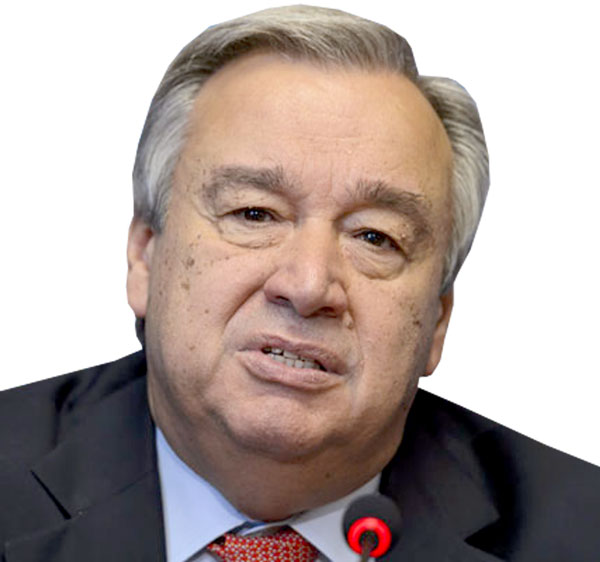Observer Report
Geneva
As communication blackout in Indian occupied Kashmir entered its 19th day on Thursday, the human rights experts of the United Nations called upon India to end the crackdown on freedom of expression, access to information and peaceful protests.
Special Rapporteur on freedom of opinion David Kaye (USA), Special Rapporteur on human rights Michel Forst (France), Chair-Rapporteur Working Group on Enforced Disappearances Bernard Duhaime, Special Rapporteur on right to peaceful assembly Clement Nyaletsossi Voule and Special Rapporteur on extrajudicial executions Agnes Callamard expressed concern over the human rights situation after Indian parliament revoked the constitutionally-mandated status of Jammu and Kashmir.
The experts expressed concern that the measures, imposed after the Indian Parliament revoked the Constitutionally-mandated status of the state of Jammu and Kashmir, would exacerbate tensions in the region.
Reports have described a near total communications blackout in Jammu and Kashmir since the evening of 4 August, with internet access, mobile phone networks, and cable and Kashmiri television channels cut off.
“The shutdown of the internet and telecommunication networks, without justification from the Government, are inconsistent with the fundamental norms of necessity and proportionality,” said the experts. “The blackout is a form of collective punishment of the people of Jammu and Kashmir, without even a pretext of a precipitating offence.”
The Government has also imposed a curfew across Jammu and Kashmir, bringing in massive numbers of troops to enforce restrictions on the freedom of movement and of peaceful assembly, particularly in the Kashmir Valley.
“We remind the Indian authorities that the restrictions imposed by the Indian Government are intrinsically disproportionate, because they preclude considerations of the specific circumstances of each proposed assembly,” said the experts.
At the same time, information received suggests that there has been an increase in the arrest of political figures, journalists, human rights defenders, protesters and others.
The experts said they were deeply concerned by reports that security forces were conducting night raids on private homes leading to the arrests of young people. “Such detentions could constitute serious human rights violations,” the experts said. “The allegations must be thoroughly investigated by the authorities, and, if confirmed, those responsible must be held accountable.
“We are gravely concerned about allegations that the whereabouts of some of those detained is not known as well as the general heightened risk of enforced disappearances, which may proliferate against the backdrop of mass arrests and restricted access to the internet and other communications networks,” added the experts.
They also expressed serious concern about the use of excessive force against protesters, including the use of live ammunition, which could amount to violations of the right to life.
“India has the responsibility to use the minimum force necessary when policing protests,” the experts said. ”This means that the use of deadly force is a measure permissible only as last resort and to protect life.”










